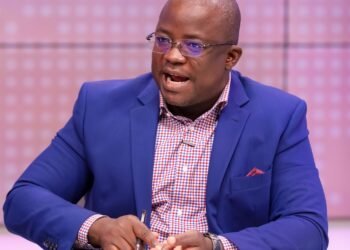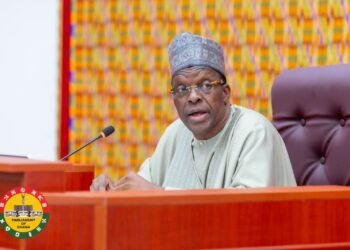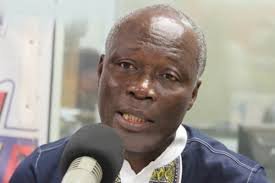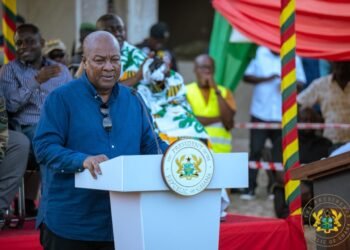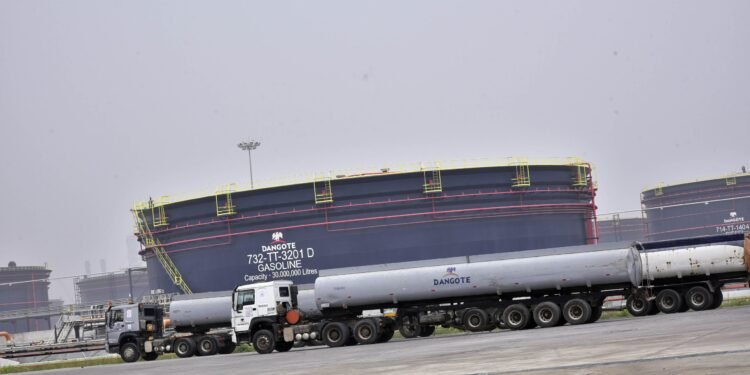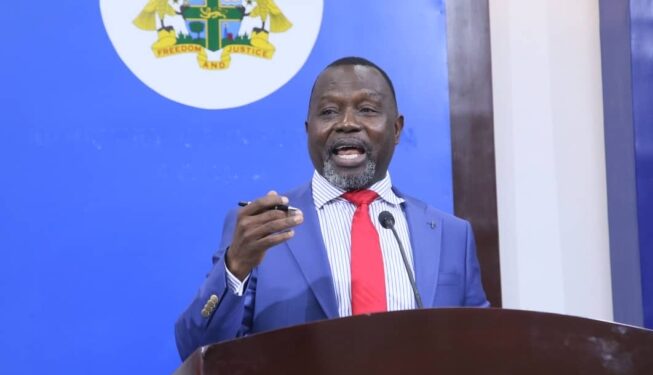Lecturer and political scientist Dr. Kwame Asah Asante has described former President Nana Addo Dankwa Akufo-Addo’s apology to Ghanaians over the domestic debt restructuring programme as “too little, too late,” insisting that no words can mend the deep personal and economic wounds inflicted by the policy.
Speaking in reaction to the former President’s remarks at the AU-EU High-Level Seminar in Brussels, Dr. Asante said the apology offered little comfort to the many Ghanaians whose lives were upended by the government’s decision to restructure domestic bonds under the 2023 debt exchange programme.
“Mr. Former President, your policy shattered our lives. And up to date, we have not been able to put them together. When you have shattered our lives and our livelihoods, you can’t bring it back. So I am right in saying that it’s too late to say you are sorry after you’ve shattered our lives”
Dr. Kwame Asah Asante, Lecturer and Political Scientist
Dr. Asante’s criticism follows former President Akufo-Addo’s admission that Ghana’s debt restructuring under the G20 Common Framework marked “one of the darkest moments” of his presidency. Addressing African and European leaders, Akufo-Addo reflected on the crisis, acknowledging both the economic necessity and the human toll of the decision.

“I witnessed the suffocating grip of debt on our economy and on our citizens. This deeply troubled me and still does,” the former President told the gathering in Brussels.
The Domestic Debt Exchange Programme (DDEP), initiated under Akufo-Addo’s administration in 2023, was designed to secure an International Monetary Fund bailout and stabilise the country’s economy. However, the policy came at a steep price. Pensioners, middle-class professionals, and small investors lost savings, while public outrage mounted over what many viewed as a lack of consultation and compassion.
Dr. Asante argued that the former President’s government ignored numerous warnings about the potential impact of the policy. He said the pain Ghanaians endured could have been mitigated if the administration had taken time to assess the full implications of the restructuring before implementing it.
“When you introduce a policy, you weigh its effects before you come with it full hog. Some of your lieutenants were saying we either take it or leave it. We saw people on the street who were sick and complaining. We saw pensioners protesting. It fell on deaf ears”
Dr. Kwame Asah Asante, Lecturer and Political Scientist
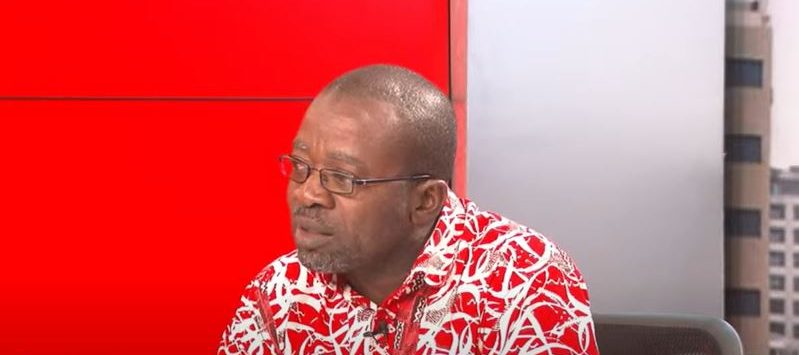
Beyond the Apology
The debt restructuring, which saw Ghana restructure $13 billion in Eurobonds and secure $10.5 billion in external debt service relief through 2026, reduced the country’s debt-to-GDP ratio from the mid-80s to about 70.5 percent.
But despite those gains, Akufo-Addo himself admitted the programme came at an unbearable human cost. “These were people whose lives and livelihoods were shattered in the process,” he lamented.
Dr. Asante maintained that while fiscal numbers may now show improvement, the loss of public trust and the erosion of social stability are legacies that will endure long after the economic benefits have been realised. “Why an apology?” he asked. “If you knew the policy was a good one, why an apology?”
The former President’s address in Brussels also touched on Africa’s broader debt predicament, which he said reflects the inequities of a global financial system that traps developing countries in cycles of dependency. He referred to it as “the injustice of a global financial system not built to free us, but to bind us,”
Yet for many Ghanaians, including Dr. Asante, such reflections do little to erase the memory of a crisis that emptied pension accounts, diminished confidence in government bonds, and left households struggling to recover.
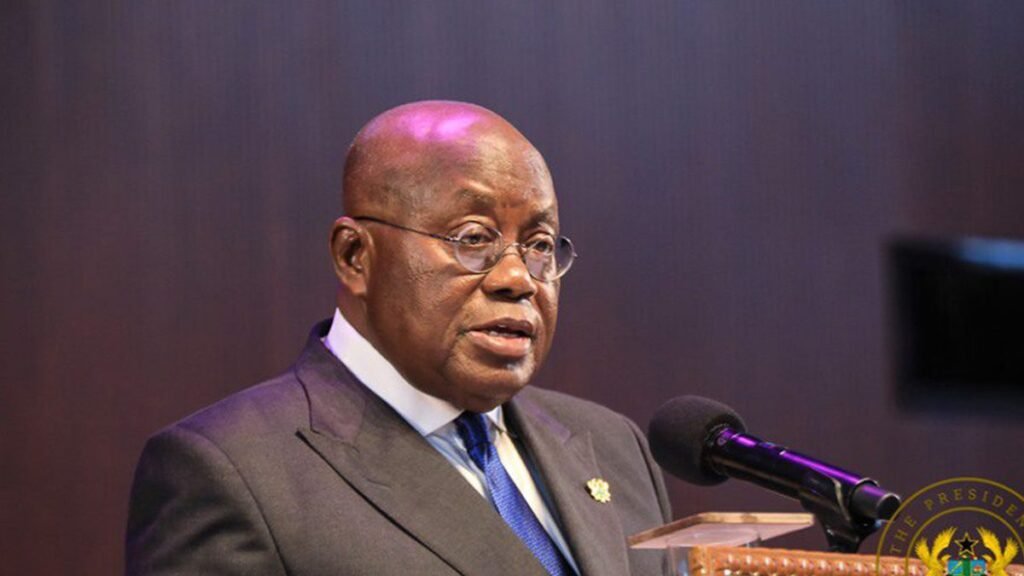
As of 2025, President John Dramani Mahama’s administration continues efforts to consolidate Ghana’s post-restructuring recovery while addressing lingering discontent from affected groups. But for those like Dr. Asante, Akufo-Addo’s contrition – though significant – arrives long after the suffering it seeks to acknowledge.
READ ALSO: Vance Warns Of Challenges Ahead in Rebuilding Gaza




